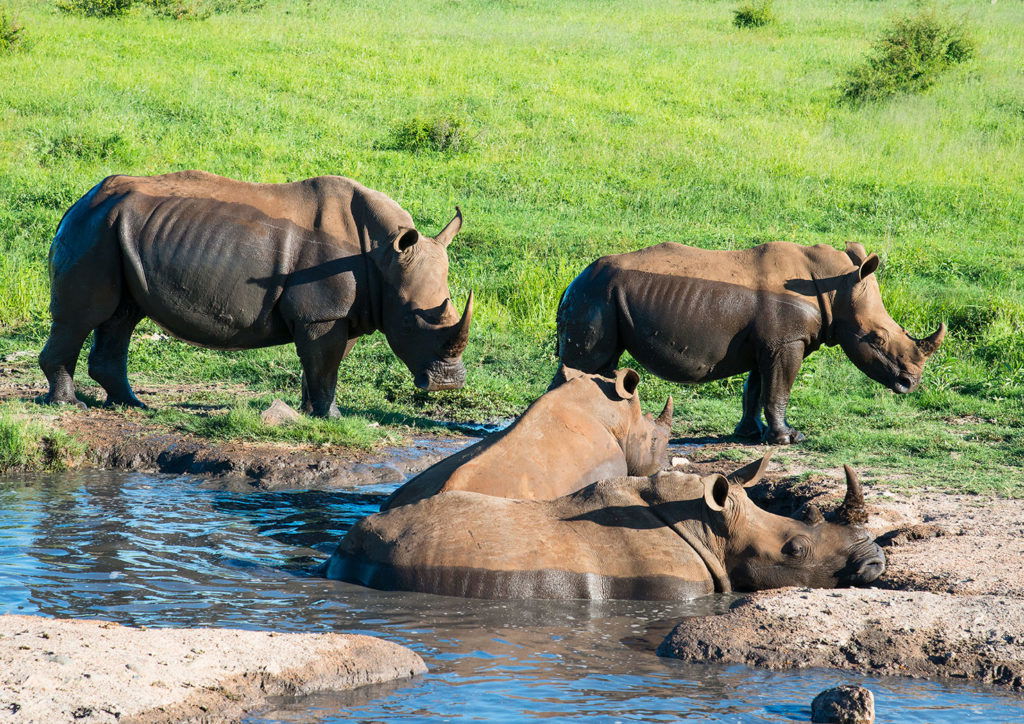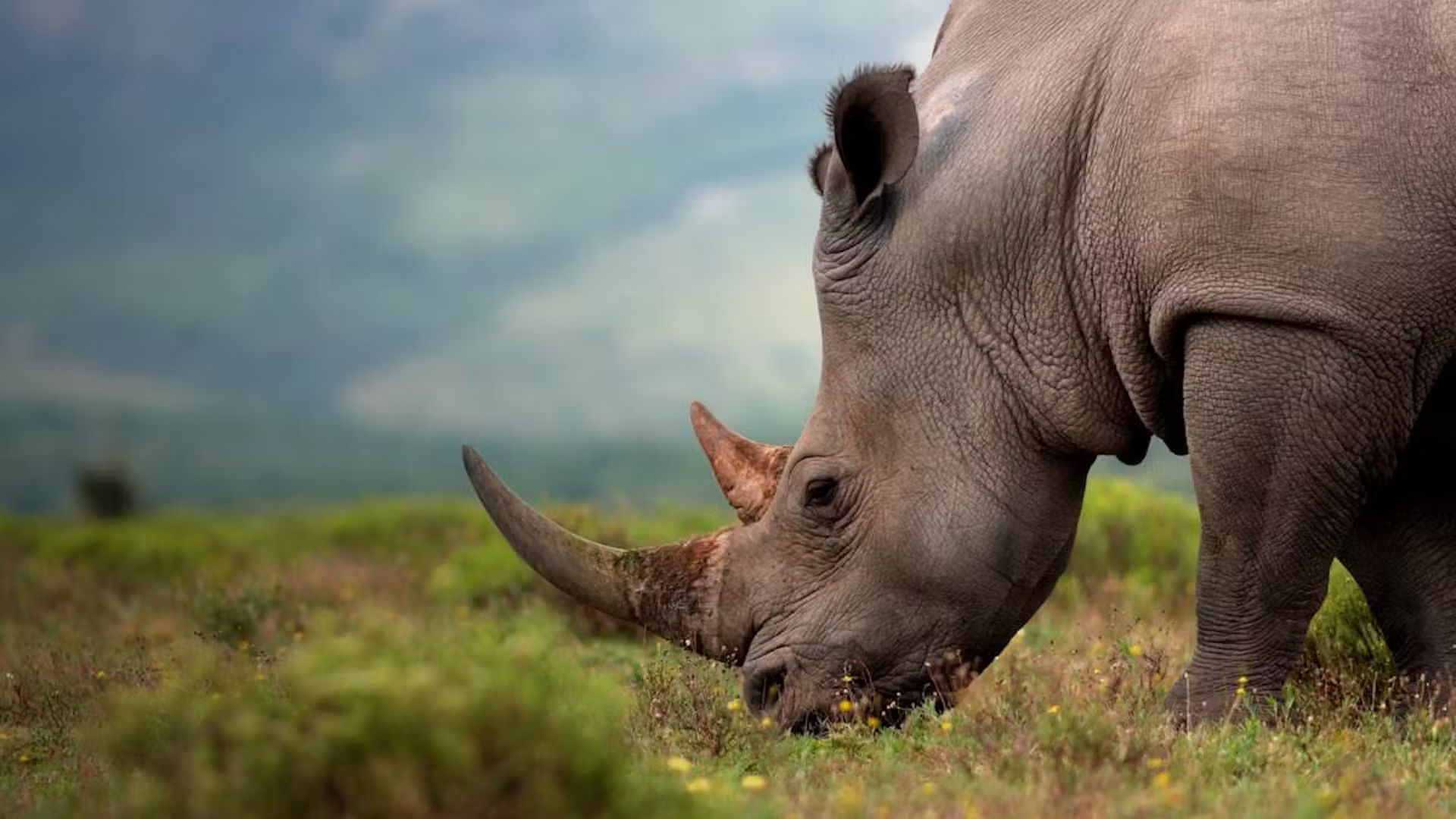Rhino Conservation Project

Overview
The Rhino Conservation Project under (ESCF) focuses on protecting one of Tanzania’s most iconic and critically endangered species—the black rhino (Diceros bicornis). With poaching and habitat loss driving rhinos to the brink of extinction, immediate and sustained conservation efforts are essential to ensure their survival. ESCF is committed to restoring rhino populations through a combination of anti-poaching initiatives, habitat protection, community engagement, and collaborative conservation strategies.

Objectives
Combat Poaching: Implement cutting-edge anti-poaching strategies to protect rhinos from illegal hunting driven by the demand for rhino horns.
Protect Rhino Habitats: Safeguard critical rhino habitats by expanding protected areas and improving land management.
Restore Rhino Populations: Support breeding programs, translocations, and population monitoring to rebuild viable rhino populations.
Engage Local Communities: Empower communities living near rhino habitats to become active participants in conservation efforts, providing alternative livelihoods and incentives.
Raise Awareness and Advocacy: Promote awareness about the importance of rhinos to Tanzania’s ecosystems and the global fight against wildlife trafficking.
Key Activities
Anti-Poaching Patrols: Work closely with local authorities and wildlife rangers to deploy 24/7 anti-poaching patrols equipped with advanced technology such as drones, GPS tracking, and surveillance systems.
Rhino Monitoring: Track and monitor rhino populations using radio collars, camera traps, and field surveys to gather data on their movements, behavior, and health.
Habitat Protection: Collaborate with national parks, wildlife reserves, and local communities to protect and restore rhino habitats, ensuring they have safe areas for breeding and feeding.
Translocation and Breeding: Support translocation efforts to move rhinos to safe, well-managed areas and encourage breeding programs that increase population numbers.
Community Conservation Programs: Work with local communities to create sustainable, rhino-friendly livelihoods, such as eco-tourism, that provide income while protecting rhinos. Educate communities on the value of rhinos to biodiversity and tourism.
Awareness Campaigns: Launch national and international awareness campaigns to reduce demand for rhino horns, emphasizing the species' critical role in the environment and the legal consequences of poaching.
Expected Outcomes
Poaching Reduction: A significant reduction in rhino poaching incidents through improved anti-poaching measures and increased law enforcement capacity.
Population Growth: Growth in rhino populations through effective protection, translocation, and breeding initiatives.
Expanded Protected Areas: Increased size and quality of protected habitats for rhinos, ensuring they have enough space to thrive.
Community Empowerment: Local communities actively engaged in rhino conservation efforts, benefiting from sustainable income-generating activities that reduce poaching incentives.
Increased Global Awareness: Greater public awareness of the plight of rhinos, leading to stronger advocacy efforts and support for international anti-poaching laws and rhino conservation.
IMPACT
The Rhino Conservation Project will have a profound impact on the preservation of Tanzania’s critically endangered rhinos. By reducing poaching, expanding their habitat, and fostering community support, the project aims to stabilize and grow rhino populations. The project will also contribute to broader biodiversity conservation efforts, as rhinos play a key role in maintaining the ecological balance of their habitats. Through dedicated and collaborative efforts, ESCF envisions a future where rhinos once again roam safely across Tanzania, free from the threat of extinction. Participate Now!
Make A Donation. Volunteer. Spread the Woard